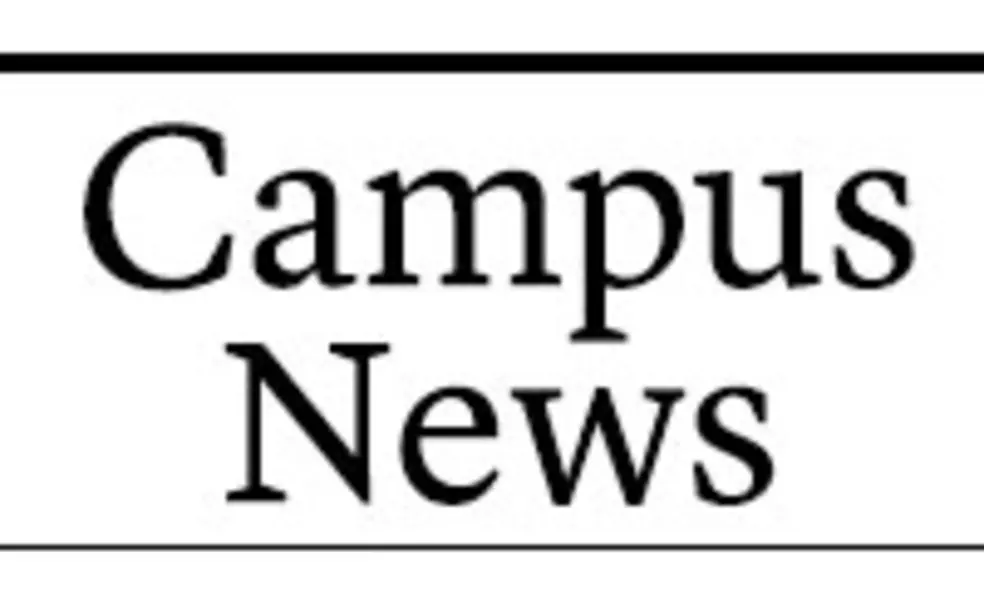Former ambassadors speak on ongoing violence in Middle East
In response to the recent anti-American violence in Libya, Egypt and Yemen, two Woodrow Wilson School professors and former U.S. ambassadors addressed the Princeton community Sept. 19. Daniel Kurtzer, former U.S. ambassador to Egypt and Israel, and Barbara Bodine, former U.S. ambassador to Yemen, spoke before a packed audience of students and community members in Dodds Auditorium.
Â
Kurtzer suggested that the displays of violence, which he called âhorrificâ and âterroristic,â demand a reassessment of the way Americans view the Middle East and its people. Such violence, he said, âhappens against a backdrop of a certain way of thinking which we as Americans need to understand.â
Describing American embassies in these countries as âlarge and convenient targets,â Kurtzer recommended rethinking âthe American footprint in the Middle Eastâ and how the U.S. conducts diplomacy. Having had a staff of over 2,200 people in his own embassy, Kurtzer offered that a âleaner and meaner presenceâ may better serve U.S. interests in this region in the future.
Bodine similarly suggested that the events posed a âlegitimate question about how we present ourselves in the Middle Eastâ and a corresponding need to reconsider the size and structure of American embassies.
In line with rethinking embassy structure, Bodine questioned how to best protect U.S. ambassadors in countries prone to violence while still allowing them to practice diplomacy. Instead of keeping diplomats âhermetically sealedâ in an embassy, Bodine advocated striking a balance between protecting diplomats and allowing for the naturally immersive activities they must engage in to understand the dynamics of a country.
Bodine continued to emphasize that events in the United States and other countries can âamplify outâ to the Middle East. âWhat happens here has an effect out there,â she said, regarding provocative French cartoons of the prophet Muhammad. âI think we do have to understand that what we may see as satire or see as free speech or as political speech doesnât necessarily feel that way to the guy on the other side.â
Both Kurtzer and Bodine agreed that this sort of violence against the U.S. and other nations will continue â and likely soon. âUntil we learn how to actually talk and deal with each other with a little bit more respect on both sides,â said Bodine, âthis is going to continue to happen.â

Emily Trost â13 is a geosciences major from Huntingdon Valley, Pa.













No responses yet